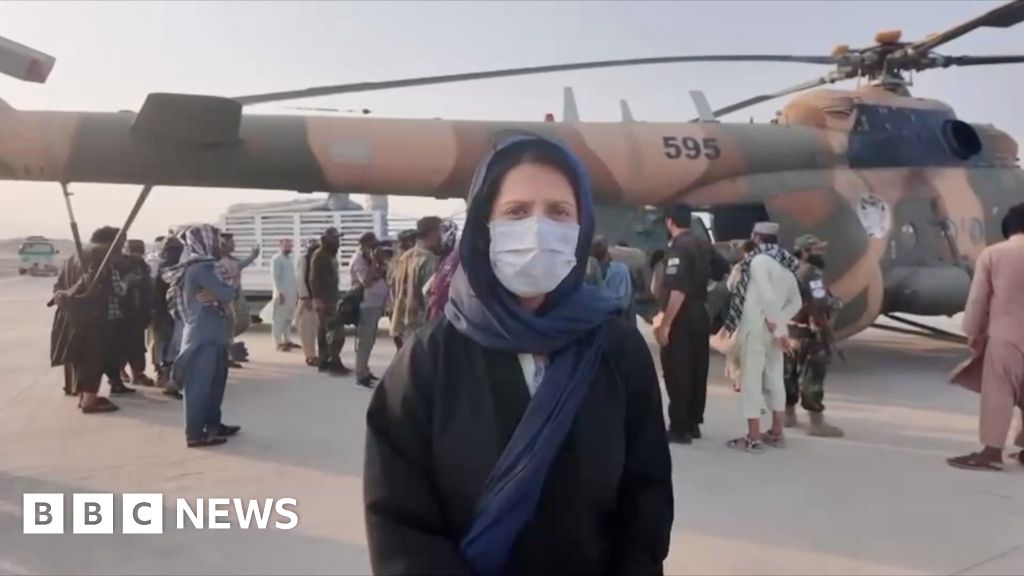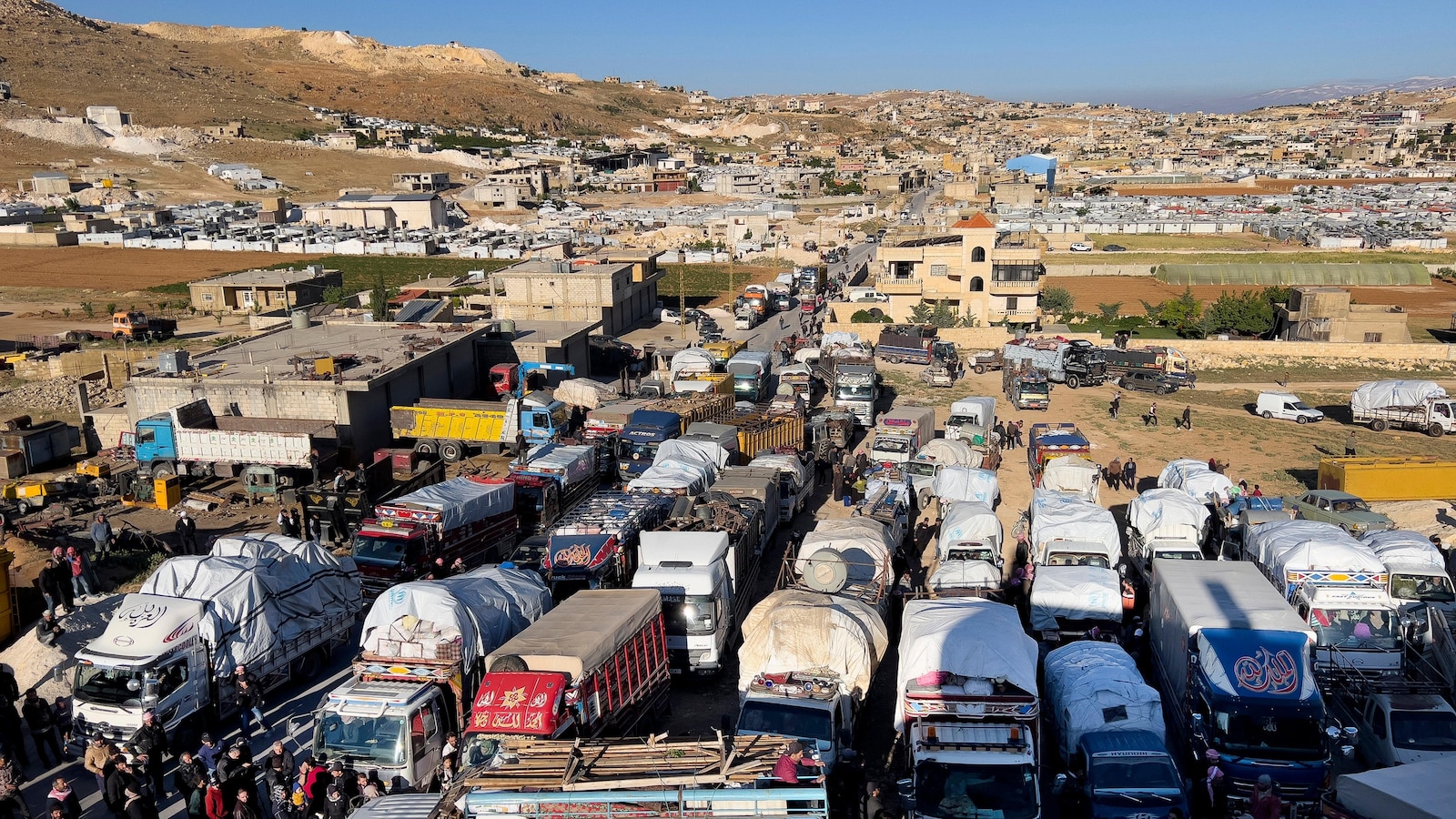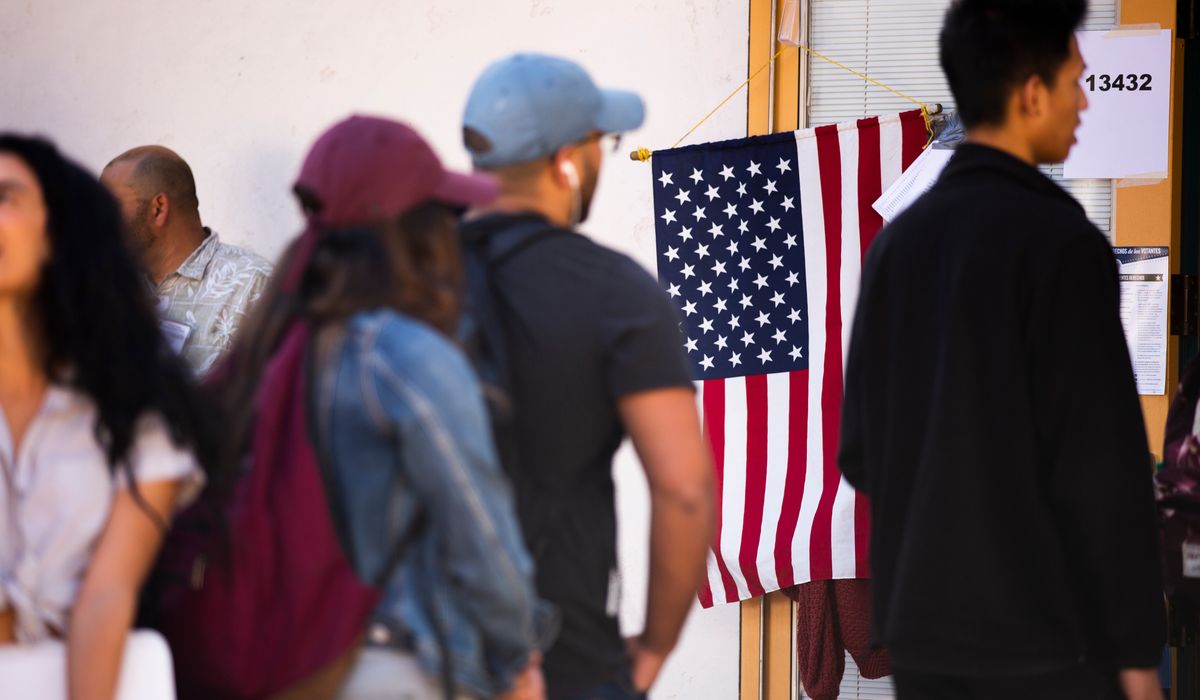ARTICLE AD BOX
GEORGETOWN, Guyana -- Dozens of voters in Guyana stood in line by dawn on Monday to participate in what many say is the South American country’s most consequential election in decades given that whichever party wins will oversee $10 billion in annual revenue from offshore oil and gas production.
In recent years, Guyana has transformed from a country traditionally dependent on gold, sugar, rice, bauxite and timber to one reaping the windfall of nearly 900,000 barrels of oil produced daily.
The World Bank has noted that Guyana has the world's fastest growing economy with gross domestic product increases averaging around 15% annually in the past six years.
ExxonMobil, which is leading an international consortium, has applications for four more oil fields as the promise of even greater revenue looms.
Guyana’s electoral commission has printed ballots for six parties, but most in the diverse nation believe the election is a contest among the governing Indo-dominated People’s Progressive Party of President Irfaan Ali; the Afro-supported main opposition A Partnership for National Unity; and upstart newcomer mixed-race party We Invest In Nationhood, led by U.S. government-sanctioned Guyanese businessman Azruddin Mohamed, who comes from one of the country’s wealthiest families.
For Ali, a 45-year-old urban planner, this is the most important election since independence from Britain in 1966, as he pleaded with voters to give “me a second term.” His party trumped A Partnership for Nation Unity in the 2020 elections.
“We ask you to trust us once more to deliver greater, better, faster and more efficiently,” Ali told jubilant supporters at a coastal rally late Saturday. “We have the experience, and you can trust us to lead you into the bright prosperous future ahead of us.”
Meanwhile, A Partnership for Nation Unity, led by 68-year-old political scientist Aubrey Norton, has accused Ali’s party of corruption, nepotism, harassment of opposition voices and alleged irresponsible use of oil sector revenues.
“Our aim is to restore decency in Guyana, to restore law and order, and to lift the people of Guyana out of poverty. We want to build a society that truly serves its people and ensures that every Guyanese benefits from our nation’s oil wealth,” Norton told a massive final rally.
Evelyn Crawford, a 75-year-old retiree, said she voted for the opposition. The monthly state pension for people over 65 of some $200 a month is not enough for a country flush with oil money, she said.
“What they give us is way not enough. I would like to see that people are lifted out of poverty,” she said as she left a voting center.
A new party, We Invest In Nationhood, founded in late May, has been well received by first-time and younger voters like DeLinda Henry, an Indigenous mother of four from the western Mazaruni Region near Venezuela.
“It is time to try something else other than the PPP and the APNU. I am supporting WIN because Mr. Mohamed does not need to steal any money. ...He is a billionaire and has lots of his own,” she said.
Before Mohamed’s party was founded three months ago, the race had appeared to be a fight between Guyana’s two major parties, which have traded power since the early 1950s.
But Mohamed faces his own struggles. Last year, the U.S. Treasury Department sanctioned Mohamed, his father, their gold-exporting company and a government official “for their roles in public corruption” in a bribery scheme that authorities said ran from 2019 to 2023. Mohamed has denied the accusations.
The U.S. government has said it is “deeply concerned” about Mohamed’s presidential aspirations as the U.S. would be forced to avoid contact with committees and agencies on which he might serve.
“We would have to make sure that we didn’t work with him specifically,” Ambassador Nicole Theriot told reporters recently, suggesting U.S. companies might also avoid doing business with him and Guyana.
The six parties participating in Monday’s election are fighting for the presidency and seats in the 65-member Parliament, along with the chance to control and spend the billions of dollars flowing into state coffers from oil and gas production.
Several international groups are on the ground to monitor the election, including The Carter Center, the Organization of American States and members of Caricom, a regional trade bloc.
In a preelection statement, The Carter Center complained about the size of Guyana’s voter list and the failure of authorities to release the 2022 population census, calling this a ”regrettable lapse,” which “obscures public understanding of basic population demographics and their potential relation to the size of the voter list.”
There are 757,000 registered voters in a country with an estimated 794,000 inhabitants.

 1 hour ago
5
1 hour ago
5








 English (US) ·
English (US) ·